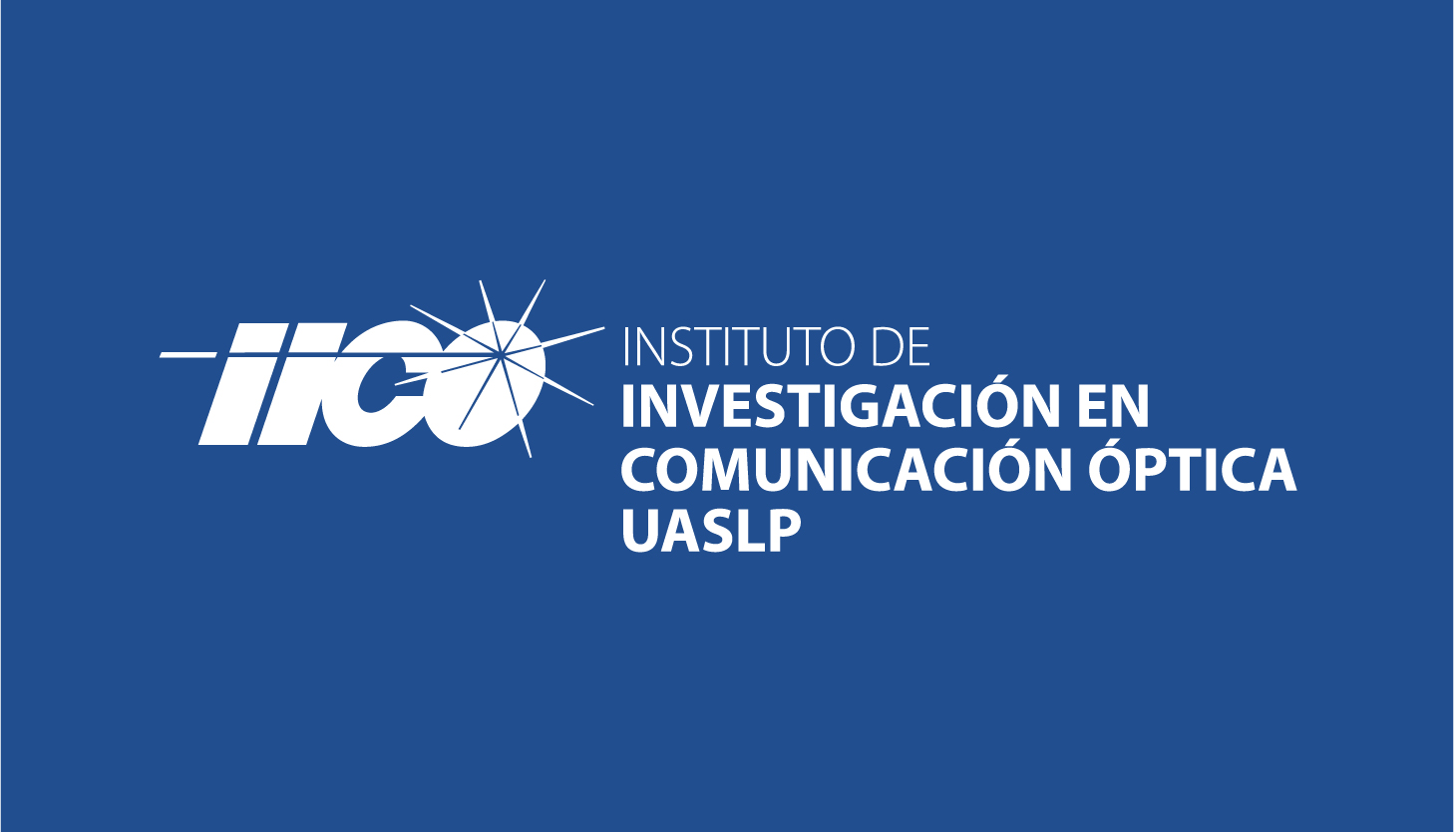Oscar Ruiz-Cigarrillo
Ph.D. Photonics
Solid State and Condensed Matter Physicist: From Experimental to Computational Approaches
Exploring the quantum world through advanced computational methods, focusing on electronic and optical properties of nanostructures using Density Functional Theory (DFT) and Many-Body Perturbation Theory (MBPT).
DFT Work
Advanced computational modeling for electronic and optical properties of nanostructures
Experimental Physics
Solid state physics and nanophotonics research
Software Development
Python, Julia, and Fortran scientific computing
Academic Research
Postdoc at Universidad Autonoma de San Luis Potosi
Acknowledges
Grateful to SECIHTI, UASLP, and LNS for their invaluable support
About Me
I hold a PhD in Photonics (Applied Sciences) from IICO-UASLP and currently work as Postdoc at Universidad Autonoma de San Luis Potosi.
As a dedicated professional, I am deeply passionate about exploring the innovative realms of Solid State Experimental Physics, with a particular emphasis on the Computational Calculation of Optical and Magnetic Properties of Nanostructures. My journey in this field is driven by a relentless quest for knowledge and a profound interest in the intricate behaviors and capabilities of nano-scale materials.
Currently, my focus is intensely centered on expanding my expertise in Density Functional Theory (DFT), a powerful computational modeling method that provides deep insights into the electronic properties of materials. This pursuit is complemented by my active engagement with advanced band structure packages, which are essential tools for understanding the electronic states in solids.
I take pride in being the founder of NanophotonIICOs, an institutional repository dedicated to advancing research in the field of nanophotonics.
Feel free to ask me anything related to my areas of expertise or discuss potential collaborations. I am always open to exploring new opportunities and engaging in exciting scientific ventures.
Latest Publication
Linear optical response of monolayer \(\mathrm{Sb_2Te_3}\) under uniaxial strain assessed by Time-Dependent Density Functional Theory
Abstract: Strain engineering enables control over the optical properties of 2D materials, but systematic theoretical studies are computationally demanding. By using Time-Dependent Density Functional Theory (TDDFT) with optimized hybrid functionals (B3LYP and Gau-PBE) and a long-range corrected kernel (LRC), we study strain-tunable optical properties in monolayer \(\mathrm{Sb_2Te_3}\). Uniaxial tensile strain along the \(x\)-direction induces optical anisotropy between in-plane components and modified near-infrared absorption. Both functionals yield consistent results for 0-5% strain, validating our predictions. The TDDFT-LRC approach captures the essential physics, validating through this comparison with more robust reference calculations. Strain-induced anisotropy with \(\varepsilon_{xx}/\varepsilon_{yy}\) ratios of 1.4-3 eV suggests applications in polarization-sensitive photodetectors and strain sensors. This work presents a computational framework for strain-engineered optical properties in \(\mathrm{Sb_2Te_3}\) and related chalcogenides, helping in the development of next-generation optoelectronic devices where mechanical deformation modulates optical response.

